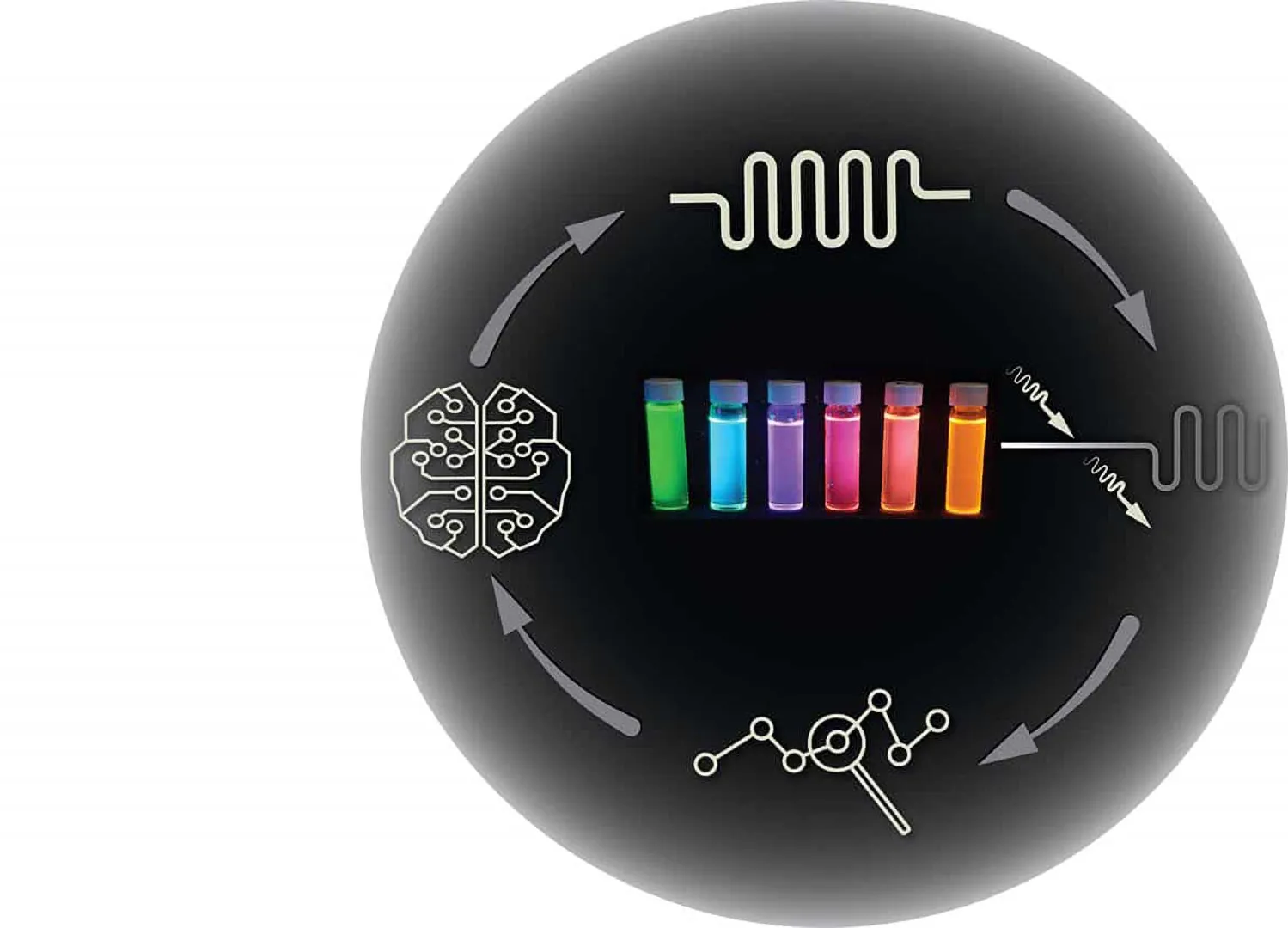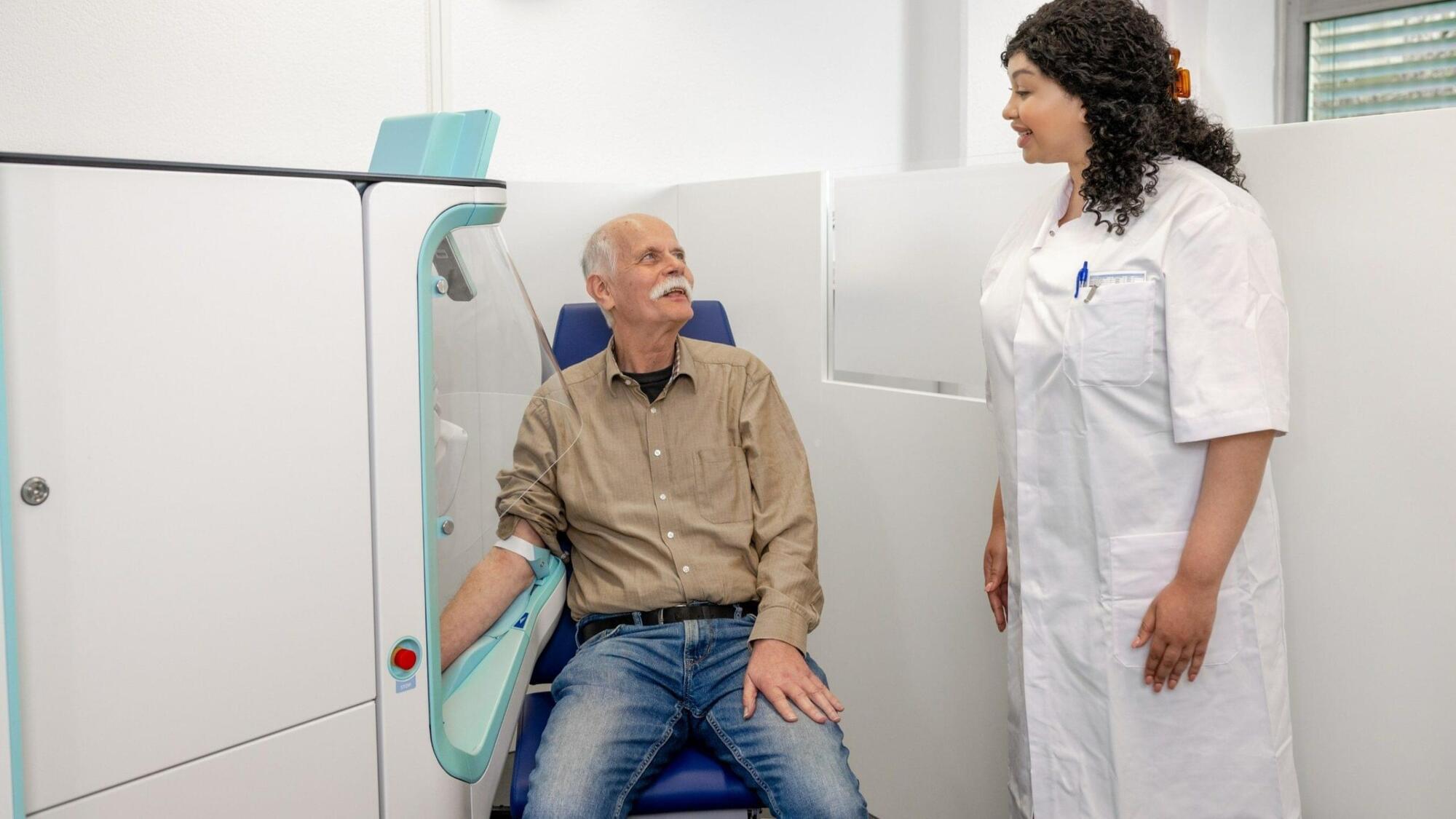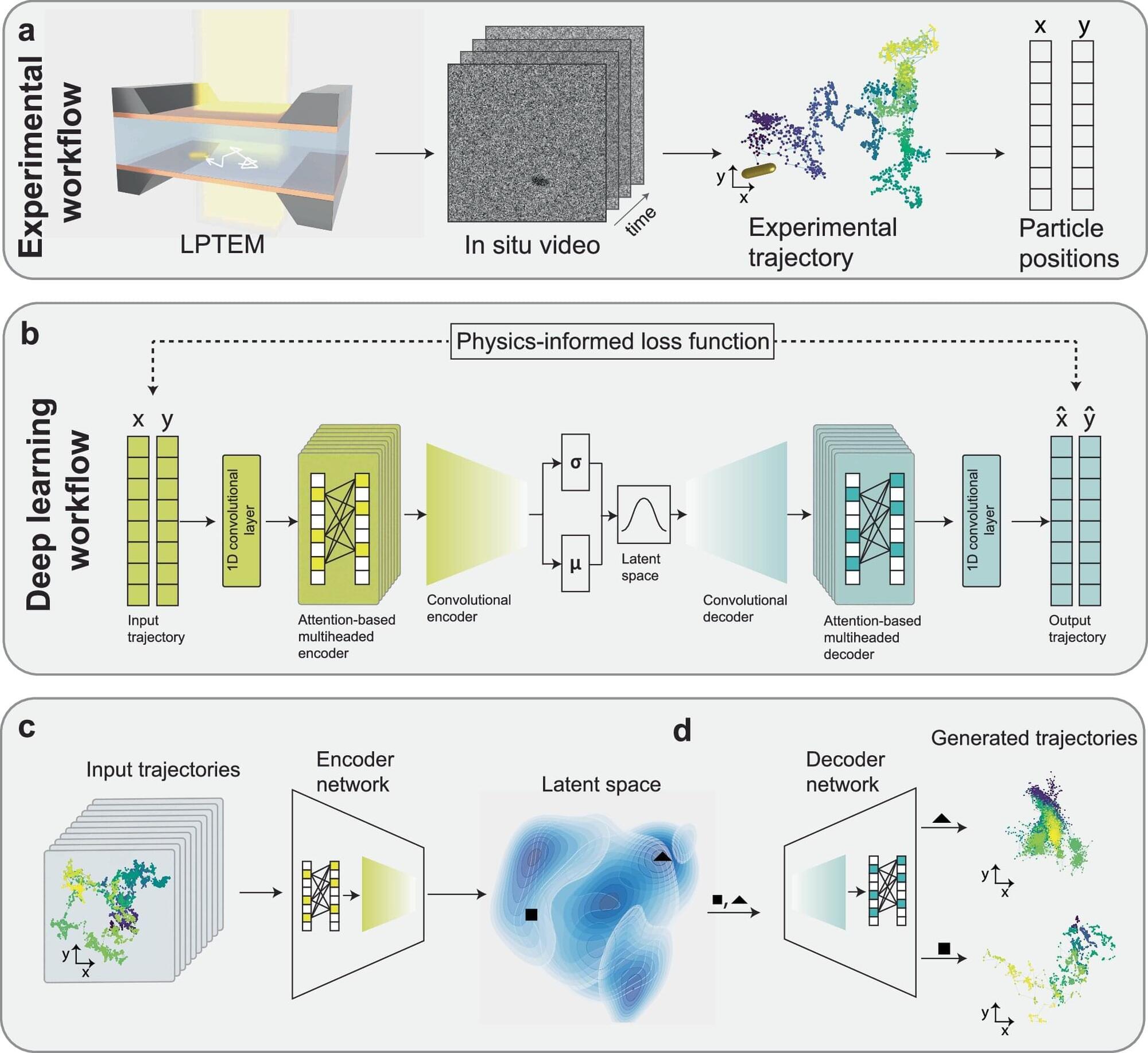Tesla’s technological advancements and strategic investments in autonomous driving, particularly in its Full Self-Driving technology, are giving the company a critical and potentially insurmountable lead in the industry ## Questions to inspire discussion.
Tesla’s AI and autonomous driving advancements.
🚗 Q: When will Tesla’s Dojo 2 supercomputer start mass production? A: Tesla’s Dojo 2 supercomputer is set to begin mass production by the end of 2025, providing a significant advantage in autonomous driving and AI development.
🧠 Q: How does Tesla’s AI system Grok compare to other AI? A: According to Jeff Lutz, Tesla’s AI system Grok is now the smartest AI in the world and will continue to improve with synthetic data training.
🚕 Q: What advantages does Tesla have in autonomous driving development? A: Tesla’s Full Self-Driving (FSD) technology allows the company to collect and use real-world data for AI model training, giving it a significant edge over competitors relying on simulated or internet data.
Tesla’s Operational Excellence.






